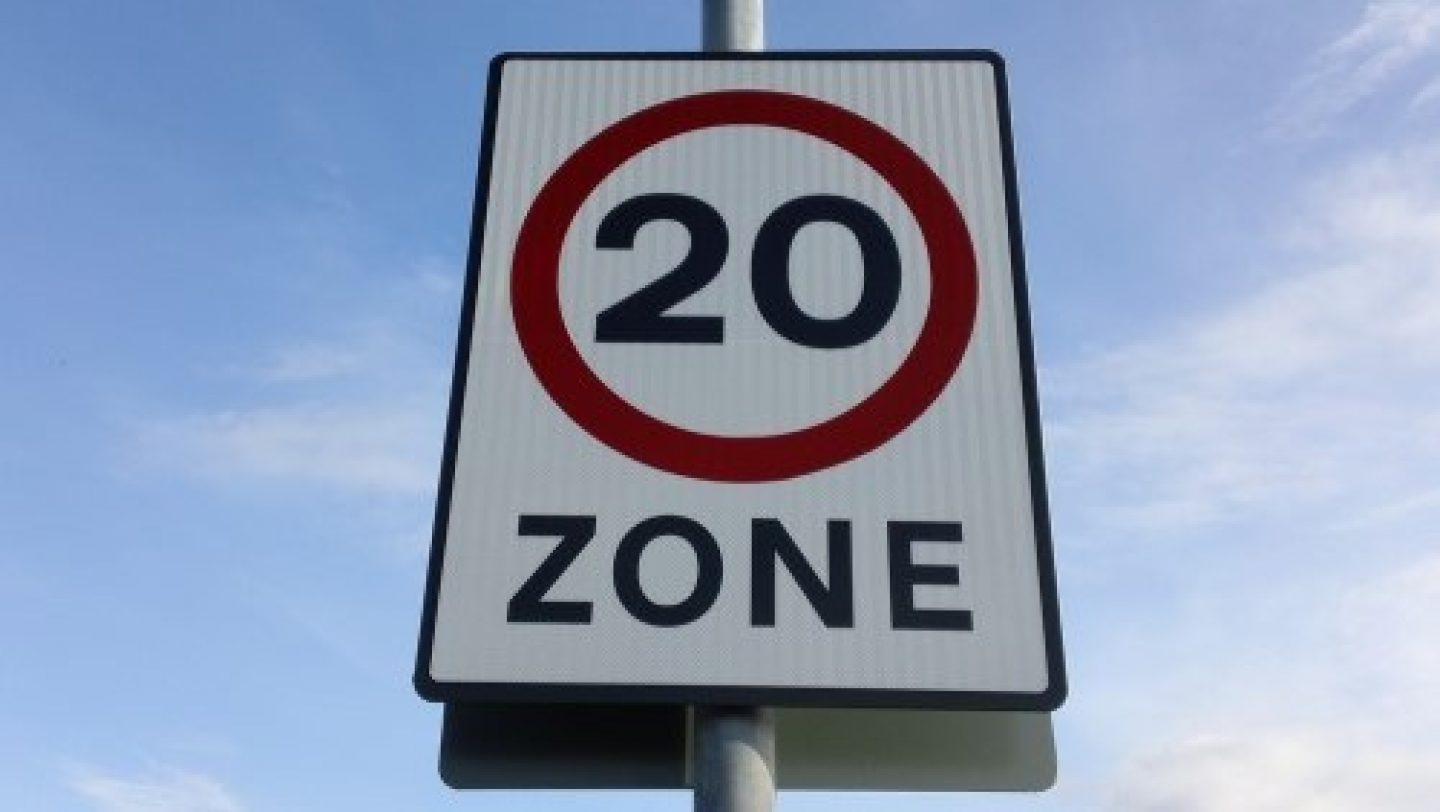"There can be no keener revelation of a society's soul than the way in which it treats its children." (Nelson Mandela)
And that must be the question we ask of politicians. Who do they treat better: The child who wants to walk or cycle to their school or the adult who wants to drive to work?
Who gets the priority in protection whilst on a journey?
We invest billions on the personal safety for people in cars yet children walking or cycling to school are exposed to road danger through high traffic speeds, lack of crossings and poor road design.
What is the “nature of our soul” if we collectively spend billions for adults on in-car entertainment systems and the promotion of “sporty driving” on public roads, yet maintain an environment where children will die if they make a mistake on our roads.
Reducing road danger on our roads isn’t difficult. But we all, and especially politicians, need to stop looking at streets from through the lens of a car windscreen. We need to crouch down at the side of a road to the height of an 8 year old and see what traffic at 30mph looks like. And at 30mph that vehicle is approaching at a scary 13.5 m every second.
And if we do, we will see that once we start talking about what we can do as politicians, as professionals, as drivers, to travel a little bit slower we will make our communities much better, as well as safer places to be. And the foundation for bringing liveability back to our communities is an enforced 20mph speed limit for most urban and village roads with exceptions only where segregated facilities and crossings exist for pedestrians and cyclists. Our streets become safer streets for children with the use of 20mph limits.
The good news is that 20mph (30km/h) is becoming the standard limit for residential and urban roads across Europe. Already in the UK, 21m people live in authorities setting a default 20mph limit. It becomes the foundation on which so many walking, cycling and active travel initiatives can be built upon. And it is endorsed by World Health Organisation, OECD, Royal College of Paediatrics and Child Health and so many more organisations who call for 20mph wherever there is conflict between motor vehicles and people not in motor vehicles..
But the bad news is that some politicians and councils block 20mph limits. They endorse vehicle speeds that mean there is no time or distance for people to avoid human error and incidents turning into tragic crashes. And for them we must ask how we treat children walking or cycling to school, or the shops, or the playground or their friends. And what does that reveal about our soul and the soul of those who represent us.
It’s time to say 20’s Plenty where people live, work, shop, play and learn. And if you would like us to help you do so in your community, then we would be pleased to help.
Rod King MBE
Founder and campaign director, 20's Plenty for Us
